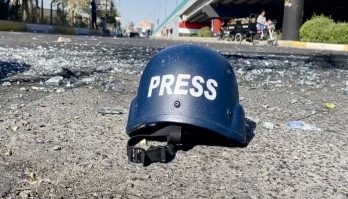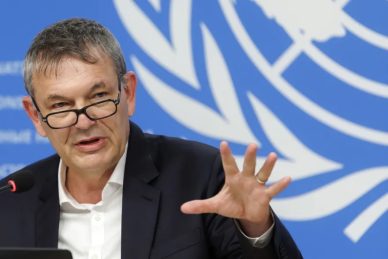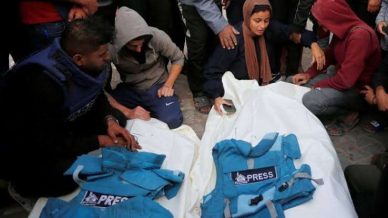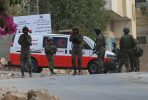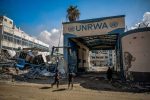NEW YORK, (PIC)
The United Nations Educational, Scientific and Cultural Organization (UNESCO) has documented an increase in the number of journalists who have lost their lives while performing their journalistic duties in recent years, indicating that one journalist is killed every four days around the world over the past two years.
On Saturday, the organization released its annual report in commemoration of the International Day to End Impunity for Crimes Against Journalists.
The report states that the rate of journalist killings has risen by approximately 38% compared to the previous report, marking the deepest decline in journalist safety in years. According to the report, there were 162 confirmed cases of journalist killings in 2022 and 2023, with over half occurring in countries experiencing armed conflicts.
The Palestinian territories topped the list of the most dangerous countries for journalists in 2023, with 24 killings reported, while Mexico recorded the highest rate in 2022 with 19 killings. Latin America and the Caribbean, as well as Arab countries, are regions where the highest numbers of journalists have been killed.
The report clarifies that most journalists who died in non-conflict countries were killed while covering organized crime and corruption issues, or during protests, reflecting the widening circle of risks facing media workers.
It highlights the role of impunity in increasing these risks, noting that around 85% of crimes against journalists go unpunished, exacerbating the challenges to freedom of expression and the safety of journalists worldwide.
The crisis of journalist killings, particularly in Gaza, dominated the United Nations International Media Seminar on Peace in the Middle East for 2024, where UN Secretary-General António Guterres said that the number of journalists killed in Gaza had reached “unprecedented levels,” calling for decisive action to protect journalists and ensure accountability for those responsible for crimes against them.
Participants in the seminar reviewed their roles in promoting dialogue on journalists’ issues, highlighting the targeting of media workers, especially in the occupied Palestinian territories, where international organizations have documented an increase in killings, assaults, and restrictions on media, affecting the availability of accurate information about humanitarian conditions.
Killings and incitement
Guillermo Canela, Head of the Freedom of Expression and Safety of Journalists Section at UNESCO, affirmed that the rise in journalist killings in conflict areas is concerning, particularly with the increase in incitement against the media.
Canela called for enhanced international support to protect journalists and hold accountable those who commit crimes against them, emphasizing that the media plays a crucial role in safeguarding democracy and human rights.
UNESCO and various UN organizations urged governments worldwide to take serious measures to protect journalists, combat the phenomenon of impunity, and activate mechanisms for prompt and fair investigations into crimes against journalists, ensuring the people’s right to access information and freedom of expression.


